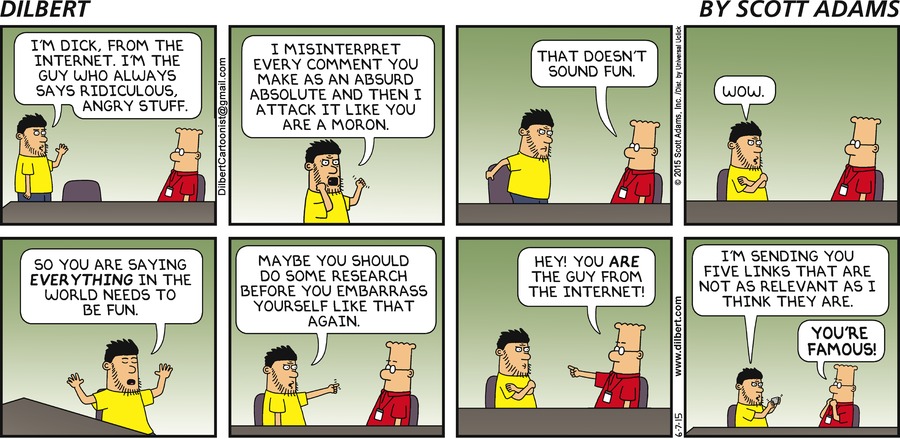M’inscrivant dans la mouvance du rationalisme 2.0 promu par Joseph et du renouveau du réalisme philosophique, je viens de faire paraître Retrouver la raison, un recueil d’essais de philosophie publique. Un extrait de l’introduction a été publié dans Le Devoir et, dans le contexte du débat au sein du Parti Québécois sur la laïcité, La Presse a publié des passages du chapitre 31.
Le livre a fait l’objet d’une riche discussion entre Francine Pelletier, Pierre-Luc Brisson et Marie-Louise Arsenault à Plus on est de fous, plus on lit ! Francine Pelletier s’est depuis entre autres appuyé sur le livre dans une chronique lucide et courageuse sur le multiculturalisme et l’interculturalisme au Québec. Le temps où la simple attribution de l’étiquette « multiculturaliste » était suffisante pour disqualifier un adversaire est peut-être révolu.
Louis Cornellier a publié un compte-rendu critique dans Le Devoir. Sa critique, généreuse, s’appuie sur une lecture sérieuse du livre.… Continue reading

 …
…